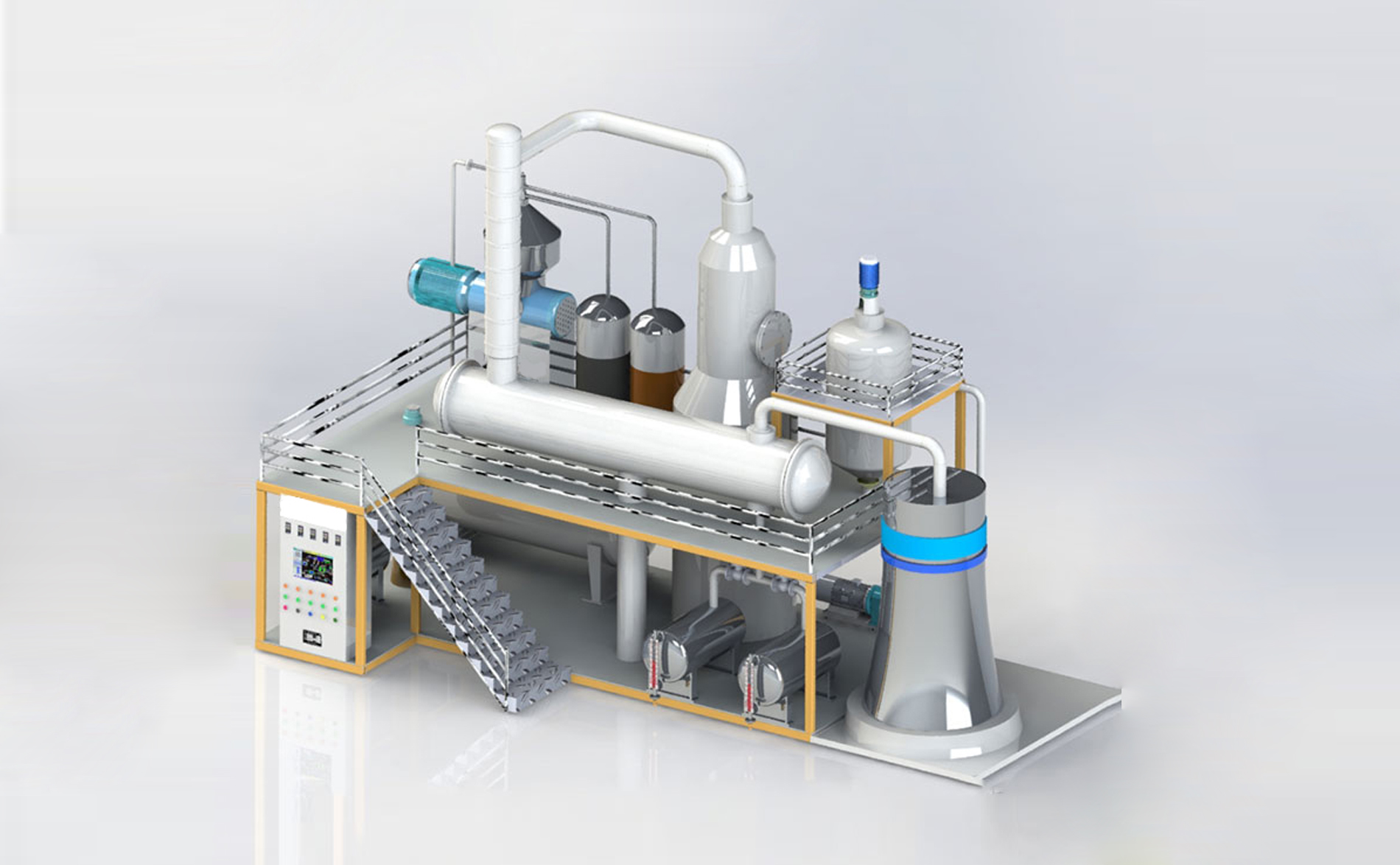
In our modern world, the sustainable use of resources has become paramount. One often overlooked aspect of this is the recycling and reclamation of waste lube oil, a crucial step in minimizing environmental impact and conserving valuable resources. In this article, we delve into the fascinating world of waste lube oil recycling, exploring its significance, the recycling process, and the benefits it offers to both the environment and our economy.
The Significance of Waste Lube Oil
Waste lube oil, also known as used engine oil, is a common byproduct of various industries, especially the automotive sector. Every year, millions of gallons of this oil are discarded, creating a significant environmental concern. If not managed properly, waste lube oil can contaminate soil and water, posing severe threats to ecosystems and human health.
The Recycling Process
Waste lube oil recycling is a sophisticated process that transforms used oil into a valuable resource. This process involves several key steps:
- Collection: Used engine oil is collected from lubricant oil recycling machine sources, such as automotive service centers, industrial facilities, and do-it-yourself mechanics. Proper collection is crucial to ensure the purity of the end product.
- Pretreatment: Before recycling can begin, the collected oil undergoes pretreatment. This step involves removing contaminants like dirt, metal particles, and water, which could affect the quality of the recycled oil.
- Re-refining: Re-refining is the heart of the recycling process. During this step, the oil is subjected to high temperatures and distillation to separate the base oil from impurities and additives. The resulting base oil is then purified further, resulting in a product with properties similar to virgin oil.
- Additives: Depending on the intended use, additives can be blended with the base oil to meet specific performance requirements. These additives enhance the oil’s performance and extend its lifespan.
- Quality Control: Rigorous quality control tests are conducted to ensure that the recycled oil meets industry standards for lubricants and can be safely used in various applications.
Benefits of Waste Lube Oil Recycling
Waste lube oil recycling offers numerous benefits:
- Environmental Conservation: Recycling used oil prevents it from being improperly disposed of, thereby reducing the risk of soil and water contamination. It also reduces the need to extract and refine new crude oil, which has a significant environmental impact.
- Resource Conservation: Re-refining waste lube oil conserves valuable resources, including petroleum, and reduces the overall demand for new oil production.
- Energy Savings: The energy required to re-refine used oil is significantly less than that needed to produce virgin oil. This results in reduced greenhouse gas emissions and energy consumption.
- Economic Opportunities: Recycling waste lube oil generates economic benefits by creating jobs in collection, processing, and distribution, contributing to the growth of the green economy.
Challenges and Future Prospects
Despite its numerous benefits, waste lube oil recycling faces challenges such as regulatory compliance, public awareness, and infrastructure development. Governments, industries, and environmental organizations must work together to address these challenges and promote responsible waste oil management.
The future of waste lube oil recycling looks promising, with advancements in technology and a growing awareness of the importance of sustainable resource management. As we continue to prioritize environmental sustainability, recycling waste lube oil will play a crucial role in conserving resources, reducing pollution, and building a greener future for generations to come.
In conclusion, waste lube oil recycling is not just a responsible choice; it is a necessity in our quest for a more sustainable world. By embracing this process, we can mitigate environmental damage, conserve valuable resources, and create a more sustainable and prosperous future for all.
